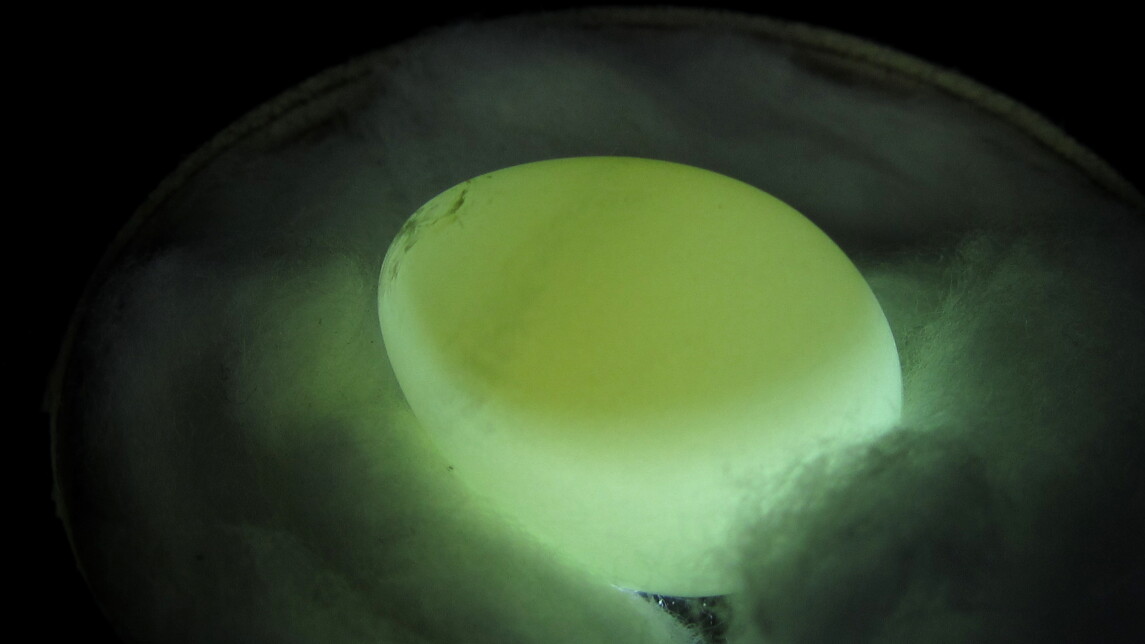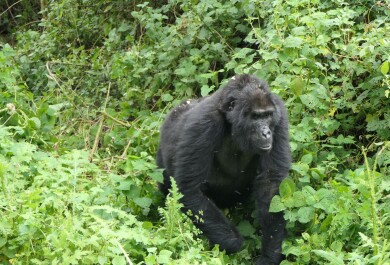The environment we experience in early-life is known to have major consequences on later-life health and lifespan. A new study led from the University of Turku using an avian model suggests that increased prenatal exposure to maternal thyroid hormones could have beneficial effects on the ‘biological age’ at birth.
The environment provided by the mother during embryo development has major consequences on later-life health and lifespan. This can arise through effects on cellular ageing which is often estimated with the length of telomeres. Telomeres are the protective end caps of chromosomes and their length is a marker of ‘biological age’.
While telomeres normally shorten with age, short telomeres at a given age predict higher disease and mortality risks. Prenatal exposure to maternal stress hormones as well as instability during embryo development have previously been found to result in short telomeres, i.e. accelerated cellular ageing.
A new study funded by the Academy of Finland and the Turku Collegium for Science and Medicine manipulated prenatal exposure to maternal thyroid hormones using egg injection in an avian model.
– The telomere biology of humans is closer to the telomere biology of birds than those of traditional laboratory models. In both human and birds, telomere length is measured in a minimally-invasive way from small blood samples, says Collegium Researcher Antoine Stier from the University of Turku (Finland), the main author of the research article.
While authors of the study had reasons to expect shorter telomeres in chicks born from eggs injected with thyroid hormones, they were quite surprised to find that those chicks actually exhibited longer telomeres right after birth.
– Based on the natural decline of telomere length observed with age in the same collared flycatcher population, we estimated that chicks hatching from thyroid hormones injected eggs were approximately 4 years ‘younger at birth’ than chicks hatched from control eggs, adds Collegium Researcher Suvi Ruuskanen.
Although the molecular mechanisms underlying such effects remain to be discovered, the new findings suggest that prenatal thyroid hormones might have a role in setting the ‘biological age’ at birth.
– Considering the interest and controversies surrounding gene therapy trials in humans to elongate telomeres as an anti-ageing therapy, this discovery opens potential avenues to better understand the influence of telomere elongation in animal models, Stier says.
The study was conducted on a long-term monitored population of wild collared flycatcher breeding in Gotland island, and relied on extensive collaborations with the University of Uppsala (Sweden), Lyon, Glasgow and Aberdeen.
More information:
Antoine Stier
Collegium Researcher
amstie@utu.fi / antoine.stier@gmail.com, +44 777 820 8723
Suvi Ruuskanen
Collegium Researcher
skruus@utu.fi, +358 50 325 6547
Support research and science
Photo: Tom Sarraude.




